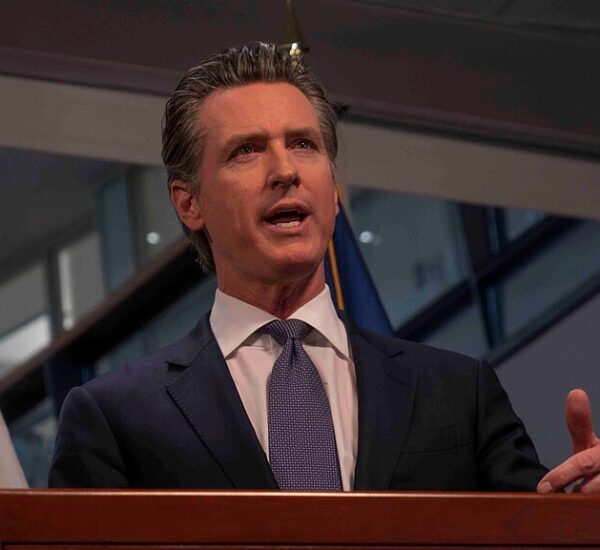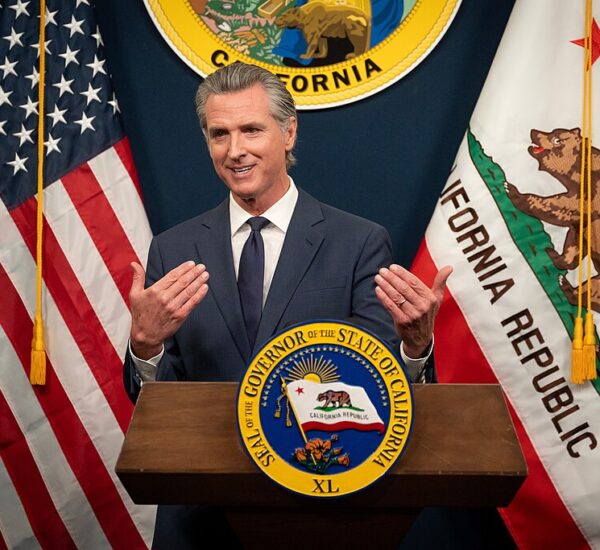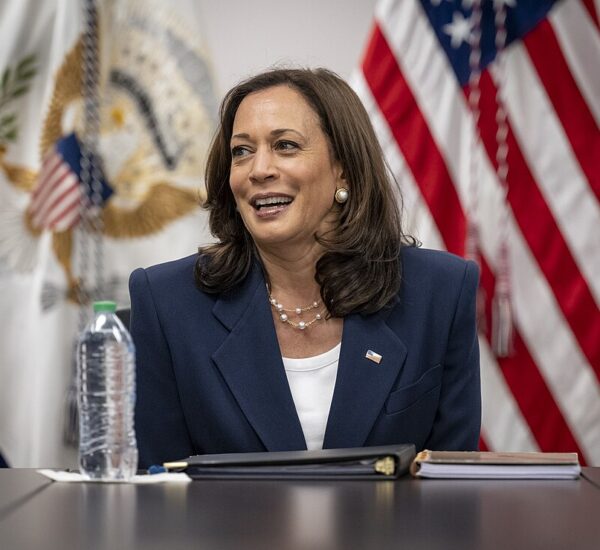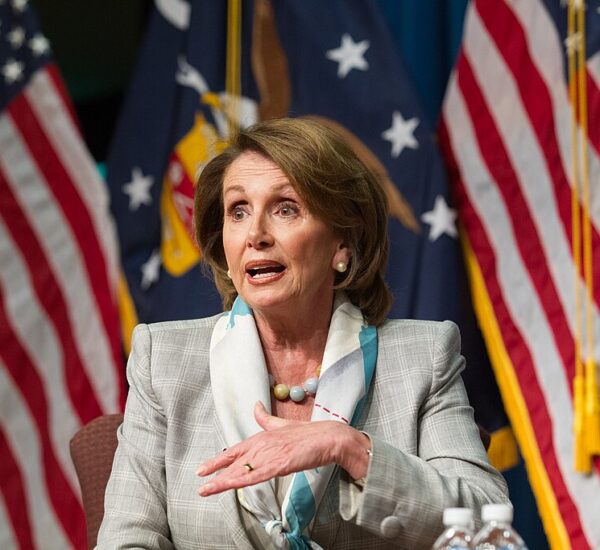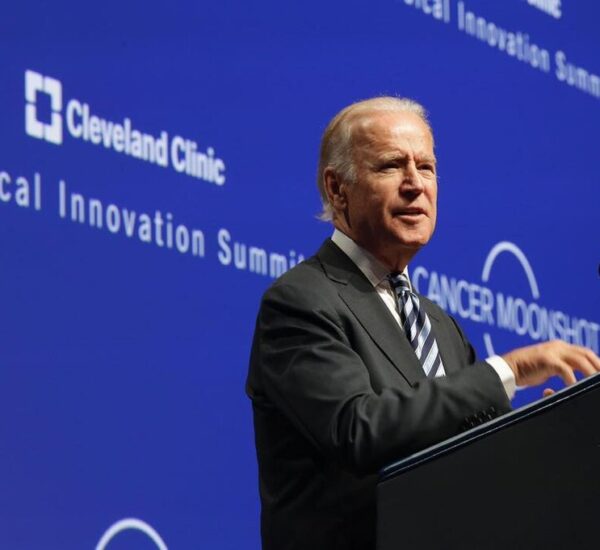Europe To Hit Back At Trump
The European Union is threatening to slap more than $100 billion in new tariffs on American-made goods—potentially shaking markets and raising costs for seniors and retirees—if talks with President Trump’s administration fail to produce results.
On Thursday, the European Commission, the EU’s powerful executive body, released a detailed list of U.S. exports at risk. The list includes cars, bourbon, airplanes, and agricultural goods, with total tariffs projected at $107 billion. Brussels is also weighing restrictions on exports to the U.S., including $5 billion worth of steel and chemicals.
This escalating trade dispute could have wide-ranging impacts on American farmers, manufacturers, and retirees, especially those with investments tied to global trade.
President Trump remains committed to defending American jobs, restoring fair trade, and standing strong against foreign threats to our economy.
Trump Strikes Deal With UK While EU Drags Its Feet
While EU leaders posture with tariff threats, President Trump has already secured a new trade agreement with the United Kingdom—one that opens markets for U.S. beef, ethanol, and other key exports, supporting American agriculture and energy independence.
The EU’s commission president, Ursula von der Leyen, admitted the global economy is suffering under current tariffs but claimed the EU must “prepare for all possibilities.” Critics say that’s just Brussels trying to pressure Washington into a bad deal.
Peter Navarro Warns Europe: Don’t Undermine Negotiations
White House Trade Adviser Peter Navarro responded firmly:
“Any country that retaliates against the United States, which is simply trying to get fairness, is making a grave mistake.”
Navarro criticized the EU’s premature release of tariff targets, saying it could damage trust and stall progress.
What This Means for Retirees, Investors, and Small Businesses
These global trade talks could affect everything from retirement portfolios and 401(k) plans to the price of Made-in-America goods. Seniors living on fixed incomes are especially vulnerable if foreign powers attempt to hurt the U.S. economy through trade retaliation.
But President Trump’s strategy is clear: put American interests first, protect workers, defend farmers, and demand fair, reciprocal trade.


